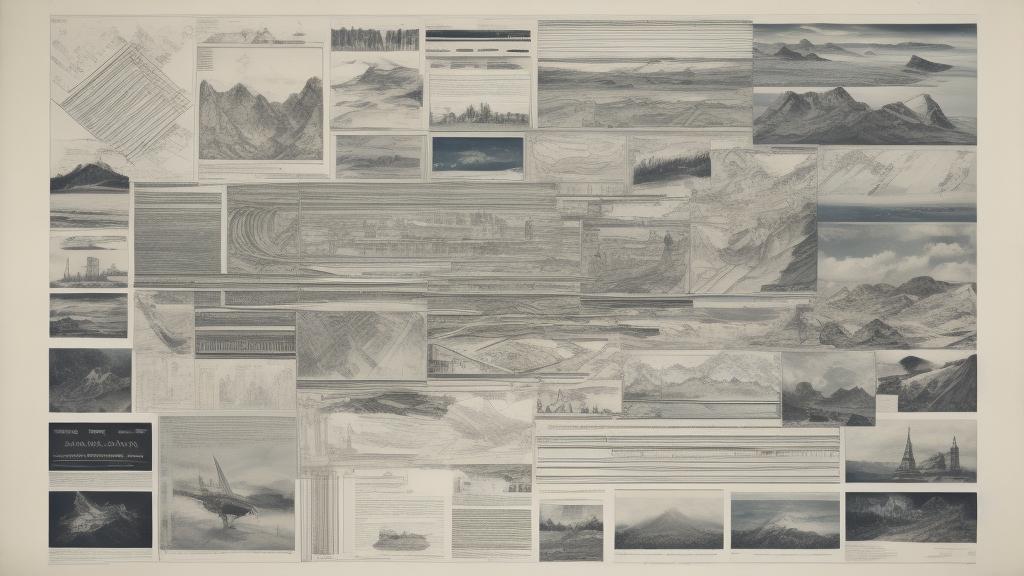In the glamorous world of cinema, soundtracks have become as iconic as the films themselves. From the emotive symphonies of John Williams to the haunting melodies of Hans Zimmer, film music has evolved to be a powerful narrative force. But as the world of film music unfolds before our ears, a crucial take is to explore the evolving artistic innovation shaping modern soundtracks—a topic that brings the genius behind some of today's groundbreaking scores into the spotlight.
In the early days of film, music served a fundamental role: it was slightly more than a background filler. Studios hired orchestras to accompany silent pictures, crafting emotive backdrops that deeply impacted the audience's experience. However, as technology advanced, so did the creative approach to film music, leading composers to explore intricate soundscapes that resonate on multiple emotional levels.
Fast forward to the modern era, where the lines between genres blur and the conventional boundaries are pushed further than ever. The rise of digital technology and synthesizers opened new avenues for expression in film music, enabling composers to break away from traditional orchestration and embrace electronic elements. This juxtaposition of old and new is well exemplified in the eerie, synthesized tones of Trent Reznor and Atticus Ross in movies like "The Social Network" or "Gone Girl" – a combined effort that brings an electrifying texture to the cinematic landscape.
Composers today are not just tasked with creating thematic music but are now seen as full artistic partners, an evolution from relegated afterthought to vital collaborative contributors. Take, for example, the harmonious blend of culture and technology by Ludwig Göransson in "Black Panther," where the majestic combination of African percussion with orchestral elements pushed the storytelling impact to cinematic heights.
Another trend redefining modern film music is the integration of global influences, where traditional sounds from diverse cultures are embraced and woven into the rich tapestry of film scores. Ramin Djawadi's enthralling score for "Game of Thrones" is a prime embodiment, showcasing how regional instruments were incorporated to build a sense of vast landscapes and mythical worlds.
The democratization of music production tools has also led to an emergence of independent composers who are redefining the norm by producing compelling music from their makeshift studios at home. Platforms like Soundtrackgeek and Filmscoremonthly have witnessed the burgeoning growth of indie talents that blend eclectic styles, experimenting with genres seldom explored in mainstream film music.
While the evolution of film music continues, it's not immune to criticism. Some purists argue against the pervasive influence of electronic music, positing that it lacks the emotional depth of traditional orchestral sounds. However, others view this as an enriching evolution that mirrors the progression of modern society.
In analyzing the current state of film music, it's also essential to acknowledge the shifts in audience consumption. With streaming becoming the dominant mode, soundtracks have become more accessible, allowing listeners to connect with the emotive power of a film long after credits roll.
As the industry progresses, the quest for innovation remains—the search for that one sound, rhythm, or motif that not only captures a film’s core essence but also elevates it. With every new composition, today’s film composers take on the mantle of explorers, charting unfamiliar territories, finding a balance between tradition and innovation, ultimately sculpting the evolving landscape of film music.
In essence, film music is a living, breathing entity, constantly evolving and adapting to the technological advancements, cultural nuances, and the creative ambitions of today and tomorrow. The narrative of film scores is not just a story of notes and rhythms but a testament to the boundless possibilities of human creativity. This artistic innovation in modern soundtracks continues to redefine what film music can be, setting the stage for future generations of musical maestros.
The evolution of film music: exploring artistic innovation in modern soundtracks

